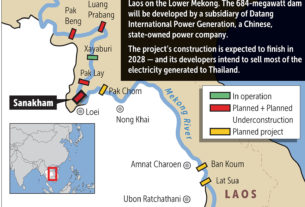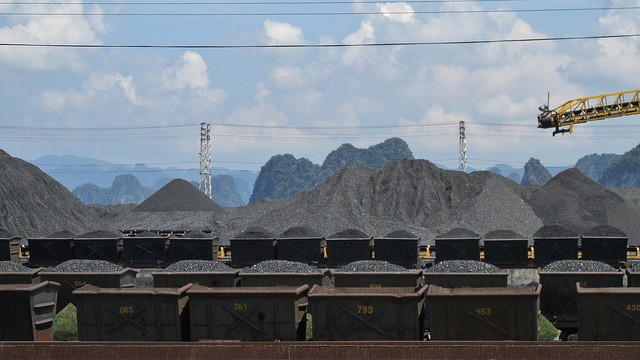Thailand
“I believe that energy and tourism can move forward together,” Energy Minister Wannarat Channukul said, rejecting calls to scrap plans to operate four offshore drilling rigs. He said the objections were based on a “misunderstanding.”
The government risked legal problems if it annulled the exploration contracts without justification, Wannarat said.
The drilling would take place in exploration blocks belonging to Chevron and three smaller oil companies: NuCoastal — a wholly owned subsidiary of London-headquartered Coastal Energy Company — Salamander Energy of the U.K., and Pearl Oil Thailand, part of Singapore-based Pearl Energy, a subsidiary of the UAE’s Mubadala Development Company. It’s unclear which will do the drilling.
Residents, backed by environmental groups and businesses, threatened to take the government to court if the drilling goes ahead. They claim it would severely damage the island’s ecosystem and undermine Samui’s reputation as an environmentally friendly holiday destination.
“There is no other way. If the government doesn’t annul the concessions, we’ll sue,” said Srisuwan Janya, president of
Thai media reported as many as 10,000 people gathered on Samui last Saturday to protest plans to deploy the rigs, all of which would be within a 68-mile (110-kilometer radius) of the island.
“There are about 5,000 wells in the
The Energy Ministry is assessing the environmental impact of one of the projects, just 26 miles (42 kilometers) from Samui, he said.
His opponents claim the risks of drilling are not worth the potential reward.
“Gone will be the image of Samui as an upmarket, ecotourist destination,” said Bannasat Ruangjan, president of the Samui Tourism Association. “We’ll have to start all over again.”
Bannasat said Samui’s tourism sector employed about 150,000 people. According to the latest figures from the Tourism Authority of Thailand, the island generated 13.5 billion baht ($421 million) in tourism revenues in the first half of last year.


